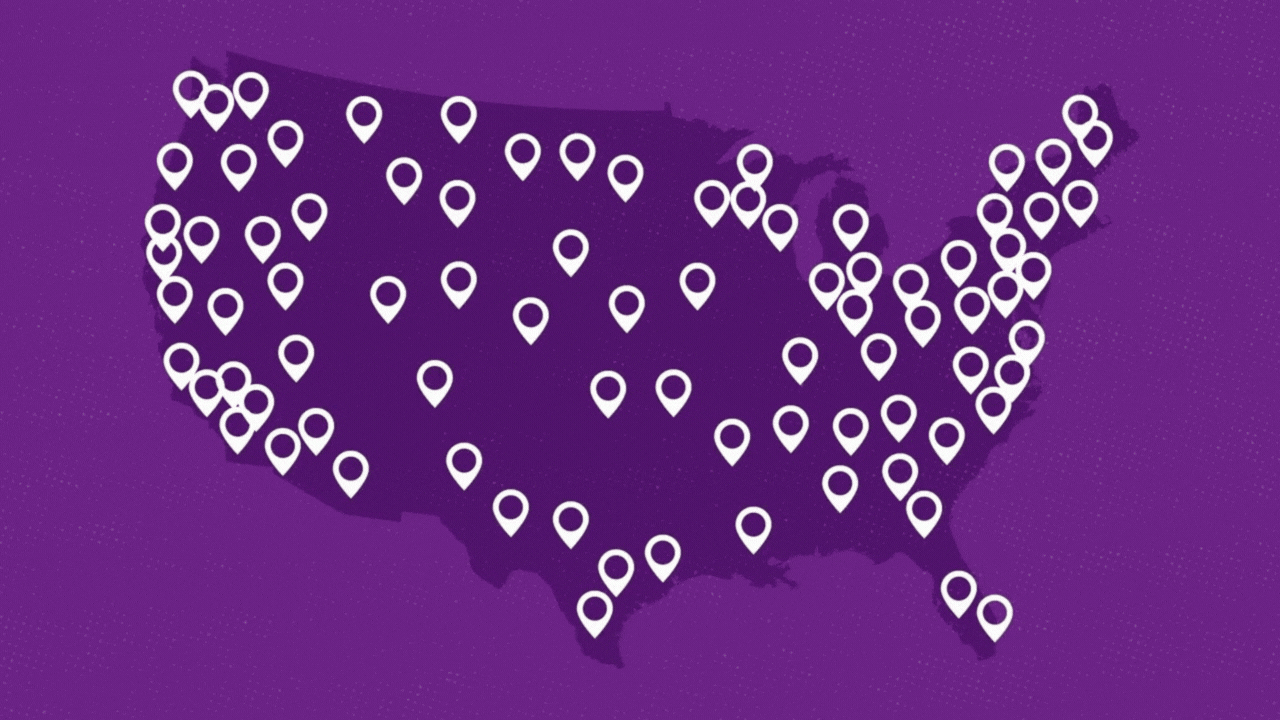October 1 Launch for CSS Profile: Testing a Lighter Application Feature
Each year, October 1 represents a significant milestone in higher education.
It’s a critical date for this reason: Most financial aid cycles launch October 1 with the opening of the Free Application for Federal Student Aid (FAFSA®). This year, because of the rollout of FAFSA simplification and changes in the federal process, the launch for FAFSA has been delayed to at least December for the 2024-25 academic year.
In anticipation of these changes and their impact on aid offices, CSS Profile®, a common application for nonfederal aid developed by College Board in partnership with aid professionals, will retain its launch date of October 1 this fall. As in previous years, it will provide an estimated Federal Methodology calculation. Each year, CSS Profile works with hundreds of institutions across higher ed, such as undergraduate institutions and professional programs, to ensure institutional aid can be awarded equitably and efficiently.
In addition to adhering to its original launch date, CSS Profile has undergone exciting developments. After expanding its fee waiver program, which allowed more than 40% of all applicants to submit a CSS Profile for free, College Board furthered its mission to make applying for aid easier by launching a small pilot program. In partnership with 20 institutions, CSS Profile tested a lighter, shorter application.
The pilot had two goals. The first was to make CSS Profile quicker and easier to complete by reducing the question bank by almost half. The second was to preserve the data reliability colleges and programs depend on to make equitable institutional aid decisions. As a result, applicants will have significant question reduction, and the team at College Board and its institutional partners will continue to examine the data to ensure reliable outcomes.
Testing a Lighter Experience
Participating colleges and schools had high praise for the first year of the pilot program. Over 95% of participants indicated they would continue to use the lighter application if it remained available. Most pilot institutions selected the lighter pathway for low-income eligible students and returning students.
Students noticed the improvement, too. One pilot institution shared the following feedback:
This year, families reached out regarding the shorter application. They were thrilled to learn the move was intentional to make the application easier.
Gina Soliz, Senior Associate Dean and Director of Financial Aid, Colgate University
What’s Next?
Based on the preliminary outcomes from year one, the pilot program is set to expand in fall 2023. This expansion will provide College Board with the additional data required to demonstrate effectiveness for institutional needs. It will also support additional students through the lighter application pathway.
College Board has already signed on new institutions for the expanded pilot, including some colleges and schools new to CSS Profile. The shorter application is attractive because it offers a middle ground between FAFSA-only data and the more detailed version of today’s CSS Profile. There are also opportunities to support students from a variety of backgrounds, such as DACA and undocumented students.
This summer, College Board and a panel of year one pilot schools will discuss outcomes at the NASFAA National Conference in San Diego, Calif. College Board’s financial aid team will provide updates, as well as opportunities to learn about pilot outcomes over the summer.
Learn More
College Board is currently accepting colleges and schools into the expanded pilot program. Pilot participants have robust support from the College Board financial aid team and can help shape the future of the lighter application option.
Institutions interested in the CSS Profile pilot program can reach out directly to Director of Financial Aid Solutions Sara Beth Holman at [email protected].
